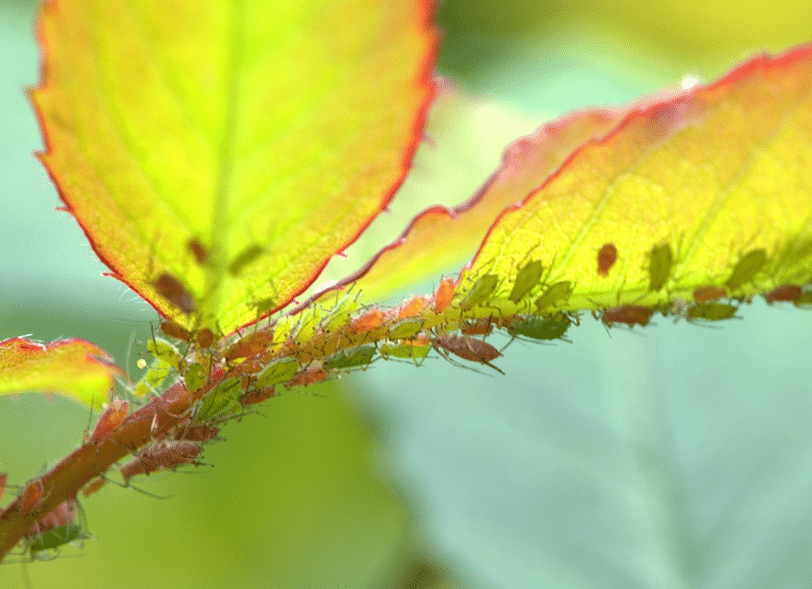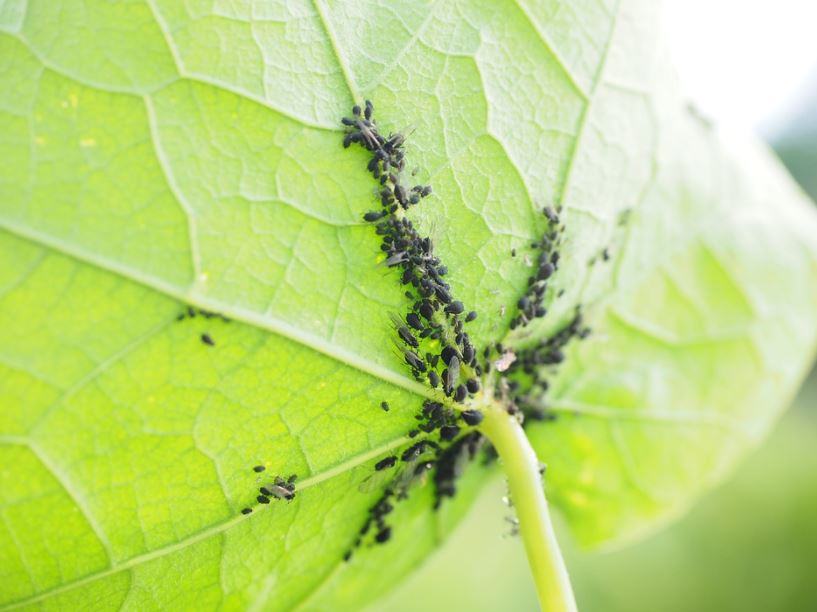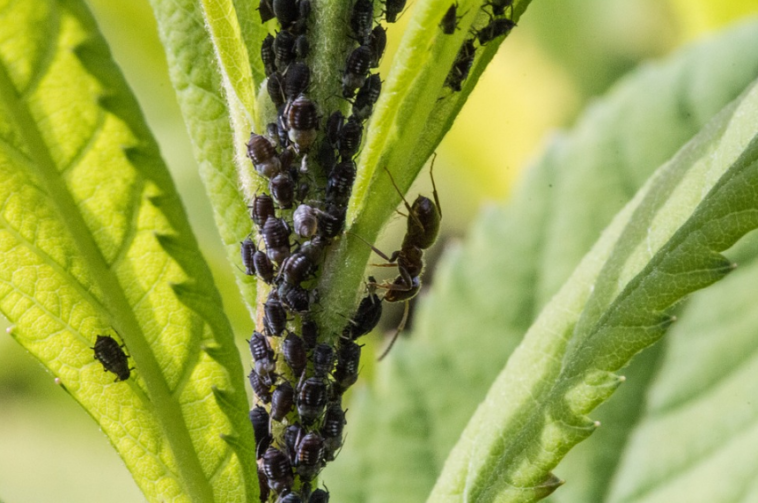Very often, essential oils are associated with human health. However, they can also prove useful in the garden or vegetable patch. Indeed, plants also suffer from fungal diseases and they can fall prey to various pest parasites and harmful mites (white flies or whiteflies, beetles, mealybugs, white worm larvae, etc.). Among these undesirables, we can easily repel aphids with the right gasoline. Gardener friend, quickly discover how to combat a large infestation of aphids with a recipe using essential oils. You can quickly forget about garden center chemicals to combat this proliferation on your beloved plants!
Two anti-aphid recipes with essential oils
Peppermint in the spotlight against these critters!
Peppermint essential oil is ideal for combating insect pests. To do this, mix 20 drops with 3 or 4 drops of dishwashing liquid. Then, gently dilute this mixture in a glass of water. In another container, prepare a clay milk. To do this, you must add 1 teaspoon of clay to 1 liter of rainwater. Once this is done, pour your two preparations into a sprayer to spray it on the plant.
A more sophisticated recipe with several plant essences
Other insecticidal essential oils can be used to combat aphids, both for their repellent and treatment effect. This includes theessential oil of garlic, sage, aspic lavender, rue officinale or even rose geranium For example. Here is a synergy to do in a glass spray bottle: 10 drops of rose geranium essential oil, 5 drops of petit grain bigarade and 5 drops of peppermint and 20 drops of rapeseed oil (or in a pinch another vegetable oil cooking type olive oil, sunflower oil). Then add 1 liter of water and 1 to 2 drops of liquid black soap or dishwashing liquid to dilute everything. Finally, take care to shake vigorously and then spray on the plants to be treated.

Are these anti-aphid essential oil recipes right for you?
Essential oils contain powerful active ingredients and should not be used lightly. Very concentrated, the solution to spray is therefore rather recommended for plants very affected by aphids or for eradicate a very stubborn infestation. Many repellent or treatment solutions can be considered avant switch to essential oils to treat the foliage of fruit trees or the stems of rose bushes:
-Use of anti-aphid auxiliary insects, in particular ladybug larvae, lacewings, hoverflies and parasitoid wasps, by providing them with a suitable habitat (biological control is very effective!)
-Black soap (a natural insecticide), dishwashing liquid or Marseille soap diluted in a water sprayer
-Nettle manure (fertilizer and preventive treatment) or fern fronds
-Decoction of garlic or wormwood
-Maceration of rhubarb leaf or maceration of brown tobacco

Also remember to eliminate ant colonies. These small insects work with aphids, breeding them to then collect their honeydew. If nothing is working on your infested plantations and you no longer know how to combat aphid colonies, then this remedy will save the day for you!
In addition to essential oils, how can you have fewer aphids in your garden?
There are several methods to reduce aphid populations in your garden in a natural and environmentally friendly way. This is particularly the case repellent plants. So, don’t hesitate to plant plant species that repel aphids, such as lavender, garlic, rosemary, marigold or peppermint. THE insect catcher can also be useful! Install these insect traps or bait plants that attract aphids away from your prized plants (angelica, nasturtium, centranthus, etc.). You can also use a strong jet of water to physically remove aphids from infested plants.
In gardening, gardeners can also adapt their way of gardening. To do this, use organic mulch around your plants to discourage aphids and keep the soil cool and moist. Also apply the crop rotation in your garden to prevent the proliferation of plant-specific pests. Finally, remove infested plant parts regularly to prevent the spread of aphids.


